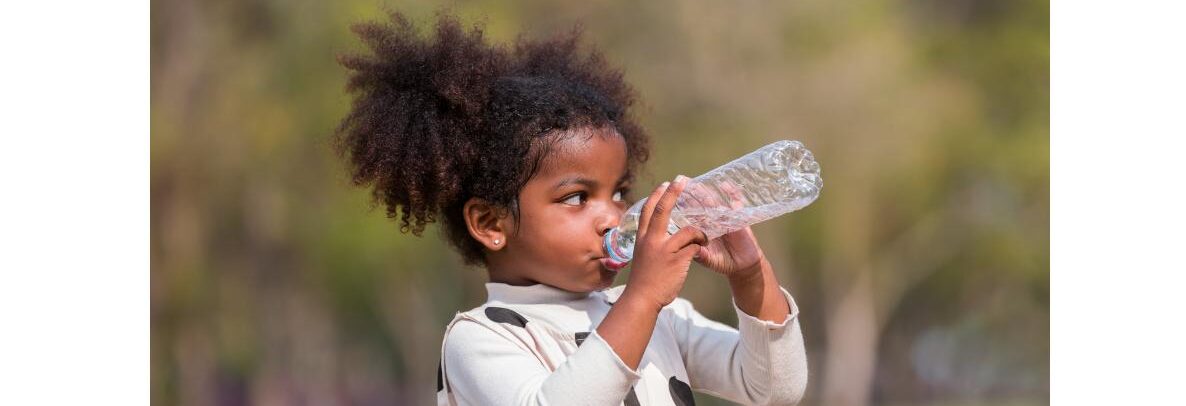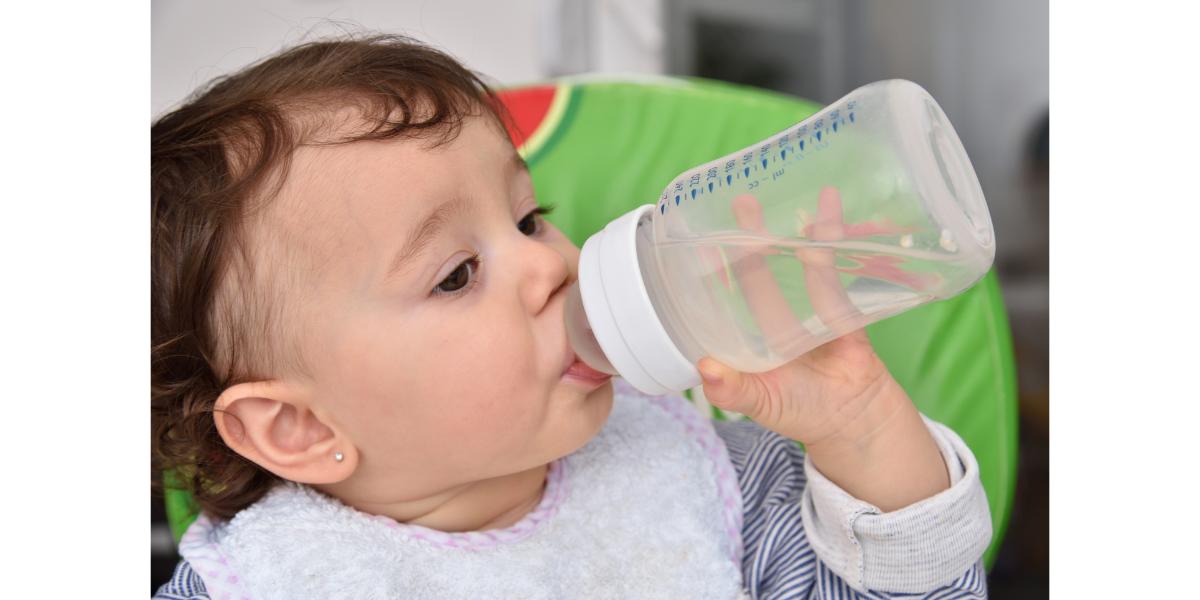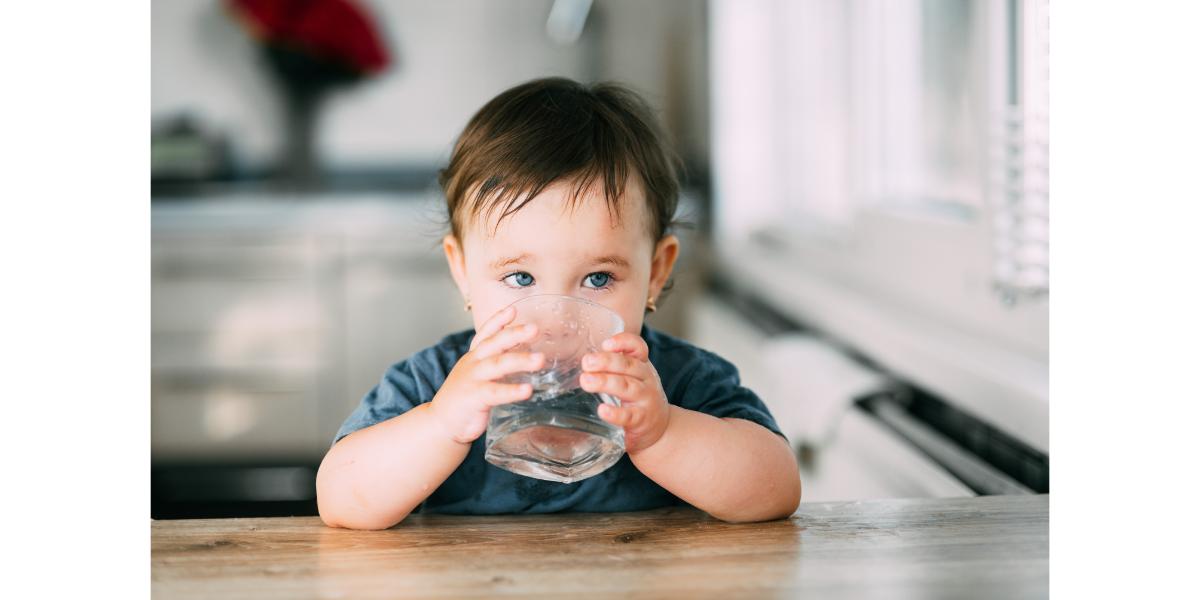
If you’ve ever wondered why your toddler suddenly turns into a little water fountain — gulping down bottle after bottle — you’re not alone. It’s common for young children to go through phases of drinking more, and in most cases, it’s a normal part of growth, activity, and taste exploration.
Still, when thirst seems extreme — or is paired with other changes like frequent bathroom trips or unexplained weight loss — it’s smart to pause and take a closer look. Could it be just a growth spurt? Or something more? Let’s dive in.
Why Toddlers Might Drink More: The Normal Stuff
Most of the time, your toddler’s love affair with their water cup has simple explanations.
1. All That Moving Around
Toddlers are little whirlwinds — climbing, running, dancing around the living room — and all that motion uses up energy and fluids. Naturally, their thirst levels rise after busy days of play.
???? Tip: Offer water throughout active playtimes, especially if you’re heading outdoors in the heat.
2. Weather Plays a Big Role
Hot and humid days — or even dry, heated indoor environments in winter — can leave little bodies dehydrated faster than you might think.
If you notice chapped lips or dry skin along with increased thirst, it could simply be the environment working against them.
3. Taste Adventures
Toddlers love testing boundaries — and that includes their taste buds. Some just enjoy the feeling of drinking and will happily sip water, milk, or juice as part of exploring the world around them.
If you’re also watching how different foods or fluids affect your little one, you might like our guide on breastfeeding, overfeeding, vomiting, and posseting.
4. A Simple Habit
Some kids just love the ritual — carrying around their cup, taking sips here and there — even when they aren’t truly thirsty. As long as they’re eating well, sleeping normally, and seem energetic, this type of habitual drinking is usually harmless.
When to Pay Closer Attention
Not all thirst is created equal. Sometimes, persistent drinking signals something deeper happening inside the body.
Warning signs to watch for include:
-
Drinking unusually large amounts (over a gallon per day)
-
Frequent urination or new bedwetting
-
Weight loss without trying
-
Constant hunger but losing weight
-
Fatigue, irritability, or a “floppy” demeanor
-
Fruity or sweet-smelling breath
Sound familiar? These symptoms, especially in combination, can point to Type 1 diabetes, a serious but manageable condition when caught early.
Quick story:
One parent shared how their toddler’s endless thirst during summer seemed harmless — until wet sheets and sudden crankiness clued them in. A quick trip to the pediatrician led to an early diagnosis that changed everything for the better.
What About Sickness-Related Thirst?
Short-term illnesses often increase fluid needs too. Fever, diarrhea, vomiting, or even fast breathing during a chest infection can all dry your toddler out, leading to bigger gulps at mealtime or bedtime.
If you’re navigating a rough patch of sickness, check out our practical guide on baby fever to know when symptoms need extra attention.
Certain medications — like antihistamines, decongestants, or steroids — can also dry out the mouth and trigger thirst. Always ask your pediatrician if you notice big shifts after starting something new.
When to Call the Pediatrician
You know your child best. If their thirst feels truly out of character — or if it’s paired with bathroom accidents, rapid weight changes, or exhaustion — it’s time to make the call.
Reach out to your healthcare provider if:
-
Your child drinks excessive amounts day after day
-
Wet diapers or bathroom trips seem non-stop
-
They seem hungrier but are losing weight
-
Energy levels drop noticeably
-
Nighttime bedwetting returns unexpectedly
Usually, a simple urine or blood test is enough to rule things out or catch anything early.
???? And if you’re starting to prep for big transitions like preschool or kindergarten, you might enjoy our article on how to prepare your child for kindergarten — smooth transitions help keep kids emotionally and physically balanced too!

Final Thoughts: Most Thirst Is Normal — But Trust Your Gut
Toddlers are growing, running, discovering, and sweating — it’s no wonder they sometimes drink more than expected. In most cases, a thirstier toddler just needs a little extra water and a lot of patience.
But when something seems “off” — when thirst becomes extreme, or shows up alongside other changes — trust your instincts. You’re your child’s best advocate.
If you have questions or want peace of mind, our team at East Lake Pediatrics is always here to help. From quick concerns to comprehensive care, we’re ready to support you and your growing family.
The information provided in this blog is for educational and informational purposes only. It is not intended as a substitute for professional medical, dental, or healthcare advice. Always consult with a qualified healthcare provider for diagnosis, treatment, and answers to specific medical questions.


